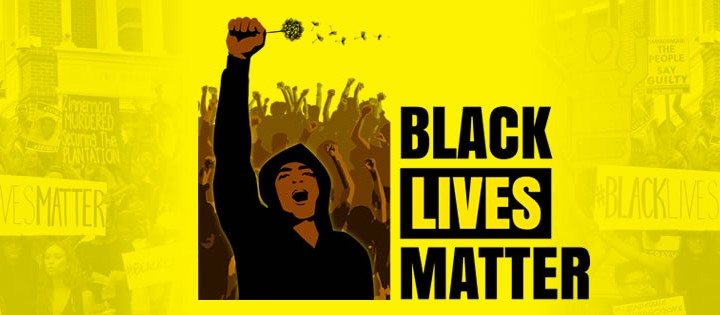Black Lives Matter
– Artist’s Website –
As the Movement for Black Lives continues to swell, people are finding new and nuanced ways to plug-in. From teach-ins to yoga to music and art, Black Lives Matter activists, demonstrators, and allies are committed to collectively working for freedom and justice for Black people and, by extension all people.
Through this work, we remain persistent in urging non-Black, anti-racist communities to organize themselves and their people in the fight for Black lives and liberation. The turbulent road to civil rights has long been paved with the support and resistance of allies and their significance in this struggle cannot be overstated.
So, when Macklemore’s team reached out to us in advance of his newly released single, “White Privilege II” we looked forward to the opportunity to engage in an authentic and meaningful conversation about the song, it’s intent and impact, and the pervasive and complex discussion about white people, hip hop, and their making of it – and that’s what we got. His team briefed us on their ideas and experiences but mostly opened up space for our feedback and input. We talked about how most of us are swayed to think differently or change our behavior by people who look like us and with whom we are most aligned. We weighed the importance of white allies using creative expression to reach other white people, but also the history behind that creative expression and who ultimately benefits from it.
This song, as we understand it and as it was explained to us, is a call from white people to white people to deepen their understanding and commitment to living an anti-racist life and working explicitly to end systemic racism by showing up for Black lives. It is not about Macklemore or his team; it is about the work of allies in this movement moment. “White Privilege II” has prompted a conversation on and offline about white people, their privilege, their role in the movement and the co-optation of the Black experience – which was the intent. Eventually, we concluded that while this song is not for us, we appreciate the effort, and we stand behind Macklemore and his team’s use of their privilege and platform to push this important conversation.
We are committed to acknowledging, respecting, and celebrating differences and commonalities among the people in protest, dissent, and resistance to anti-black systems. And we would be remiss not to acknowledge the irony in Macklemore’s calling out of the co-optation of Black creative properties, namely music while similarly co-opting it. We were explicit in sharing this with Macklemore and his team. We also expressed our desire that he, and other white artists, seriously consider how their exploitation of our music impacts our social and economic growth.
We encourage other white allies to use their privilege, influence, and wealth to talk about white supremacy and state violence against Black people. We urge them to show deference to Black people when doing so, to support black-led organizing, to organize their people, and to use this song to move a dialogue among their networks.






